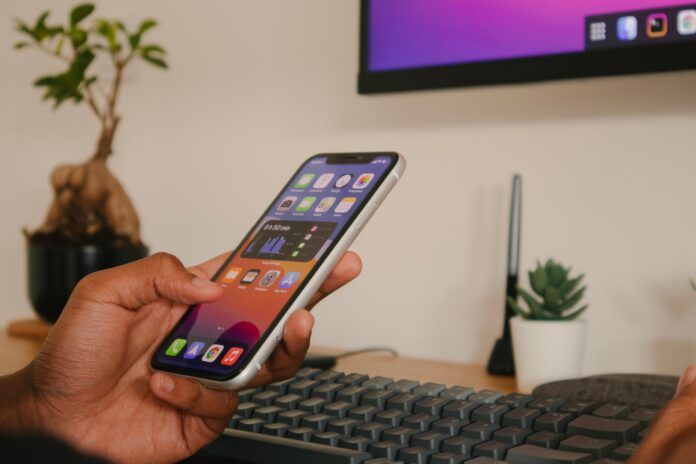[ad_1]
By Leo Babauta
Much of our days, we’re trying to escape. In fact, you might call this the primary occupation of the human animal.
What are we trying to escape? What’s happening in this moment, right now. Most people will outright reject that idea, but I know this to be true of myself, and it’s been true for so many people I’ve worked with and known.
Consider how most of us spend our days:
- Doing busywork, messages, emails, small tasks.
- Putting off larger tasks, avoiding the scary stuff.
- Scrolling social media, news, favorite distraction websites.
- Watching videos on Youtube, Netflix, etc.
- Playing games.
- Eating comfort foods (often while watching a screen).
- Taking a drug of choice: alcohol, nicotine, cannabis, caffeine, opioids, etc.
- Listening to music while we do something else (like working out, walking, driving, showering).
I have no judgment of any of these — they are not necessarily bad, and I do them too. But you might notice that what they have in common: they all take us away from whatever is happening in this moment. That’s their primary purpose.
We do it in other ways too: complaining, gossiping, over-apologizing, people pleasing, bragging, showing off, worrying, overthinking, catastrophizing, making ourselves the victim, ruminating about what happened or what we should have said. These are all ways to get ourselves out of the present moment.
The Cost & Opportunity
So what? Is there anything wrong with this? Of course not — as I said, it’s eminently human.
However, when we try to escape the moment, we are limiting ourselves. We can’t stay in an uncomfortable moment where we don’t know how to do something, or don’t know what the outcome will be. We limit ourselves by having to avoid difficulty, or scary projects.
We also miss out on the beauty of what’s going on right now. Not only the nature and light all around us, but our human experience that’s happening in this moment. Our connection with others.
And this becomes trained — the more we do it, the less capacity we have for facing uncomfortable things in the future. We diminish ourselves by escaping.
So the opportunity, then, is to practice not escaping. When we feel uncomfortable, stay for a little longer. Not to the point of torture, but just to the point that’s just beyond our comfort zone. We grow our capacity to be with all of life.
And then we miss out on less of life. It’s quite an opening thing, to be able to fully live.
How to Practice Not Escaping
So how do we practice? Some people like to do cold showers or hard workouts — and these are excellent. But we don’t have to seek out a new activity to practice … we can just stop escaping from what’s already happening.
In my Fearless Living Academy, this is the main thing that people are practicing — they are working with changing their habits, finding purpose and creating a meaningful impact in the world … but the path to that is to face discomfort without always having to escape.
Some ways we can stop escaping:
- Go off your phone for most of the day. This will be uncomfortable for many — that’s OK. Stay with the uncomfortable feeling. You will uncover what you’ve been trying to avoid.
- Spend intentional time away from your computer. Not distracting yourself, but just sitting and thinking. Or walk around your house or office, just seeing what you can notice.
- Stay with a hard task or project for 10 minutes longer than you want to. Notice what comes up internally when you stay for longer.
- Put off email and messages until later in the day, if this is something that you do a lot. Notice what comes up.
- Quit caffeine or alcohol (or whatever favorite substance you have) for a month. See what feelings surface, and let your treat be processing these feelings.
- Go food sober for a couple weeks — that means no intoxicating food. See what thoughts or emotions come up.
- Advanced: Notice when you’re complaining, making yourself into a victim, taking your anger out on people, beating yourself up or being harsh, fantasizing, etc. See if you can notice the feeling underneath these mental escapes.
When we cut off our escapes, we start to notice the things we don’t want to be with. Emotions, feelings about ourselves, things we haven’t processed. It’s important to be gentle with yourself as you do this, and loving. Give yourself a lot of self-care. Get support from others. And get help from a professional therapist if this feels at all dangerous — it shouldn’t get to the level of danger, just medium discomfort. Nothing too intense. If it’s too intense, stop, and find someone to help you.
In the end, this isn’t about being tough, or coercive with ourselves. It’s about finding a gentle way to practice opening up to more of life. Where could you start?
[ad_2]
zenhabits.net







